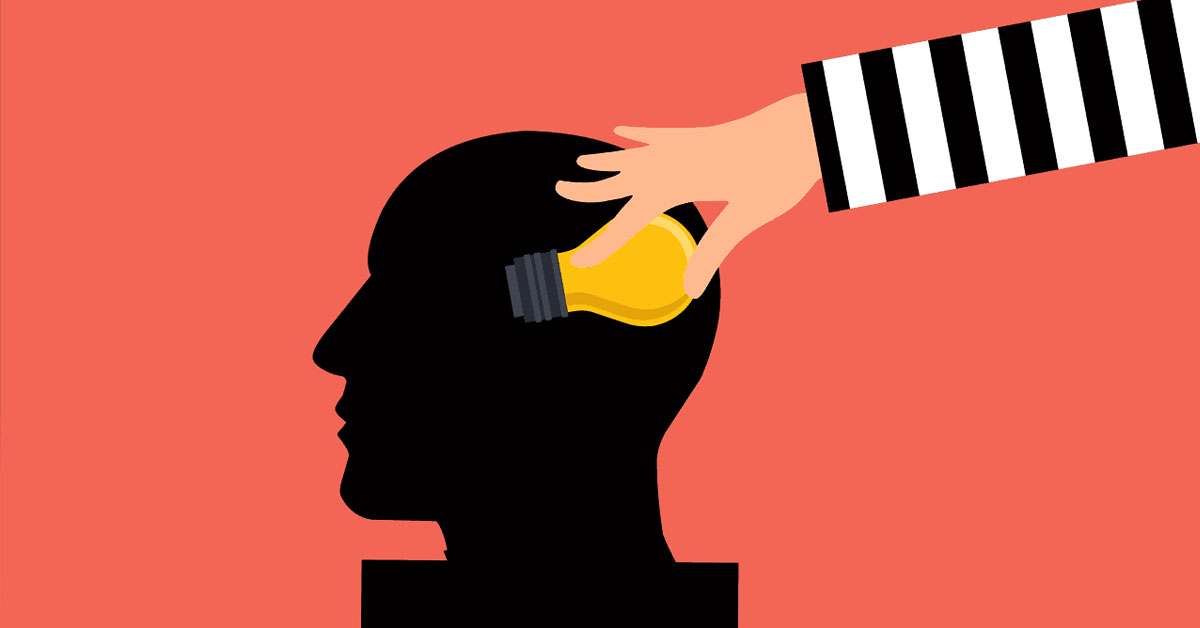The scientific publishing community has been shaken by a plagiarism dispute that has culminated in the retraction of a controversial 2016 paper published in Scientific Reports. The decision follows years of criticism over the journal’s handling of the case, which initially resulted in a corrigendum rather than a retraction. This inadequate response led to the resignation of 19 editorial board members and widespread concerns about the integrity of the peer-review process.
Background of the Dispute
The disputed paper, authored by researchers from the Harbin Institute of Technology, Shenzhen, China, described a technique for identifying recombination spots in DNA. However, Michael Beer, a researcher at Johns Hopkins University and a member of the journal’s editorial board, alleged that the paper plagiarized significant portions of his previous work published in PLOS Computational Biology. The algorithms and equations central to Beer’s research were cited but not adequately credited, with key elements allegedly reworded or presented without proper attribution.
Scientific Reports’ Initial Response
In response to Beer’s allegations, Scientific Reports issued a corrigendum acknowledging insufficient attribution but stopped short of retracting the paper. This decision drew sharp criticism from Beer and his colleagues, who argued that plagiarism warranted retraction rather than minor corrections. The controversy escalated when Richard White, editor of Scientific Reports, defended the decision, stating that the paper represented an “incremental advancement of science” and made an original contribution despite attribution issues.
Mass Resignation Campaign
Dissatisfied with the journal’s handling of the case, Steven Salzberg, a researcher at Johns Hopkins, organized a campaign calling for mass resignations from the editorial board. Nineteen board members, including Beer and Ted Dawson, stepped down, citing concerns over the journal’s ethical standards and the quality of its peer-review process. Salzberg criticized Scientific Reports for effectively “rewarding plagiarism” by allowing the authors to revise and retain the paper.
Retraction and Resolution
Under pressure, Scientific Reports convened a senior advisory committee to reassess the case. The committee determined that the corrections issued were inadequate and recommended retracting the paper. In December 2024, the journal formally retracted the article and issued a notice acknowledging its earlier shortcomings. Beer expressed satisfaction with the outcome, and Salzberg noted that some resigned members might consider rejoining the board if invited.
Impact on Academic Publishing
This case highlights the significant challenges academic publishers face in maintaining ethical standards and addressing plagiarism effectively. The controversy has raised broader concerns about the safety of published work and the role of peer-review processes in safeguarding originality. While tools like plagiarism detection software play a vital role, the incident underscores the importance of rigorous editorial oversight and decisive action in cases of misconduct.
Looking Ahead
The Scientific Reports plagiarism dispute serves as a cautionary tale for the academic publishing community, emphasizing the need for transparency, accountability, and proactive measures to combat plagiarism. The case has sparked renewed discussions on how journals can better uphold ethical standards and protect the integrity of scientific literature.

